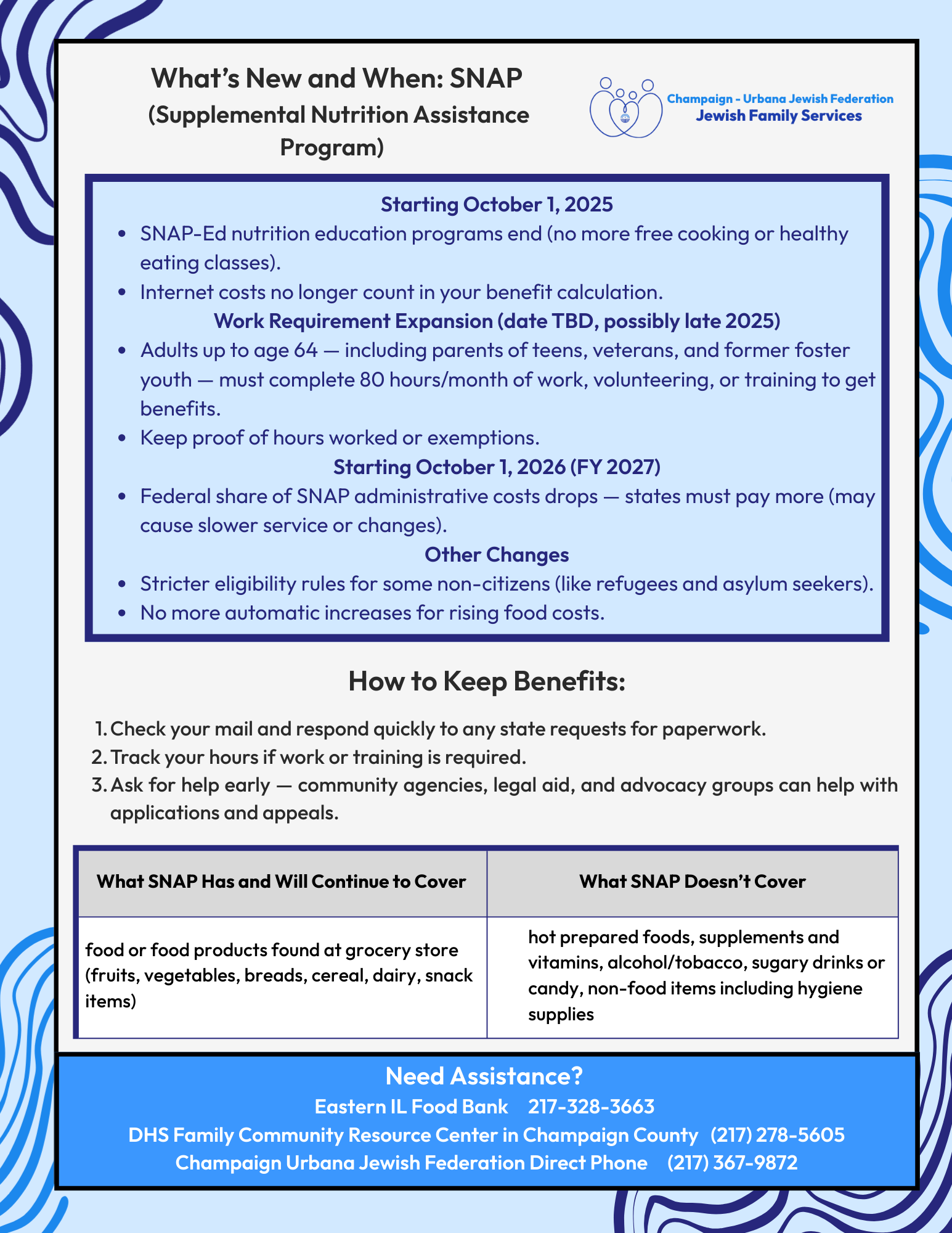


What’s New and When: Medicaid and Medicare
Beginning January 1, 2027, Medicaid will introduce several new requirements. These include work or community engagement requirements of 80 hours per month, eligibility assessments every six months, and limits on how far back coverage can be applied. Additionally, starting October 1, 2026, immigrant eligibility will narrow. Medicare will also see changes, with funding cuts projected between 2026 and 2034, and beginning January 4, 2027, restrictions on eligibility for non-citizens will take effect.
To apply for or keep your coverage, you should first enroll or re-certify online at your state’s Medicaid website. Be sure to look for any policies that may allow exemptions for school, work, or training. Next, meet the requirements by keeping documentation of your hours or exemptions. Check your eligibility often by reviewing paperwork and reporting changes at least every six months. Watch for cost-sharing notices, as some services may require a thirty-five dollar copay unless you qualify for exemptions. If your coverage is denied, act quickly by requesting a state fair hearing or contacting legal aid or community support. If you need help paying, contact the Medicaid or Medicare helplines. Finally, plan ahead to avoid lapses in coverage.
For assistance, you can call the Medicaid Helpline in Illinois at 1-800-843-6154, the Medicare Helpline at 1-800-633-4227, Champaign County Healthcare Consumers at 217-352-6533, or the Champaign Urbana Jewish Federation Direct Phone at 217-367-9872.
What’s New and When: SNAP, the Supplemental Nutrition Assistance Program
Starting October 1, 2025, SNAP-Ed nutrition education programs will end, meaning there will be no more free cooking or healthy eating classes. Internet costs will also no longer count toward your benefit calculation. A work requirement expansion is expected, possibly in late 2025. Adults up to age 64—including parents of teens, veterans, and former foster youth—must complete 80 hours per month of work, volunteering, or training to receive benefits. You must keep proof of hours worked or exemptions.
Beginning October 1, 2026, states will be required to cover a larger share of SNAP administrative costs, which may lead to slower service or changes. Other changes include stricter eligibility rules for some non-citizens, such as refugees and asylum seekers, and the end of automatic increases for rising food costs.
To keep your benefits, always check your mail and respond quickly to state requests for paperwork. Track your hours if work or training is required. Ask for help early if you need it, since community agencies, legal aid, and advocacy groups can help with applications and appeals.
SNAP will continue to cover food or food products found at grocery stores, including fruits, vegetables, breads, cereal, dairy, and snack items. SNAP does not cover hot prepared foods, supplements and vitamins, alcohol or tobacco, or non-food items such as hygiene supplies.
A NOTE: Some states do not accept SNAP for sugary foods, drinks and soda, this is NOT active in Illinois. In Illinois you can still get sugary snacks, candy, or soda.
For assistance, you can call the Eastern Illinois Food Bank at 217-328-3663, the DHS Family Community Resource Center in Champaign County at 217-278-5605, or the Champaign Urbana Jewish Federation Direct Phone at 217-367-9872.
